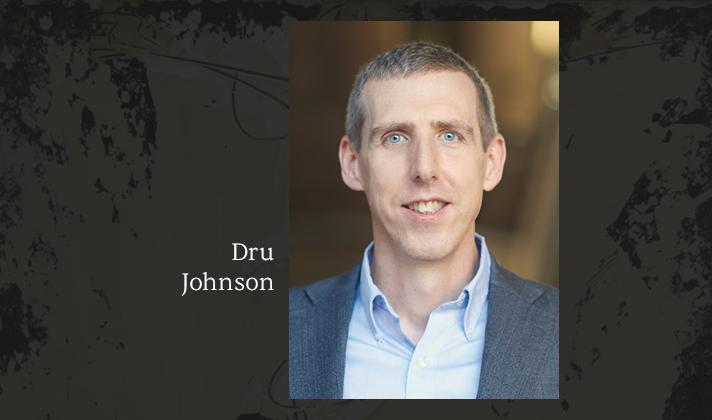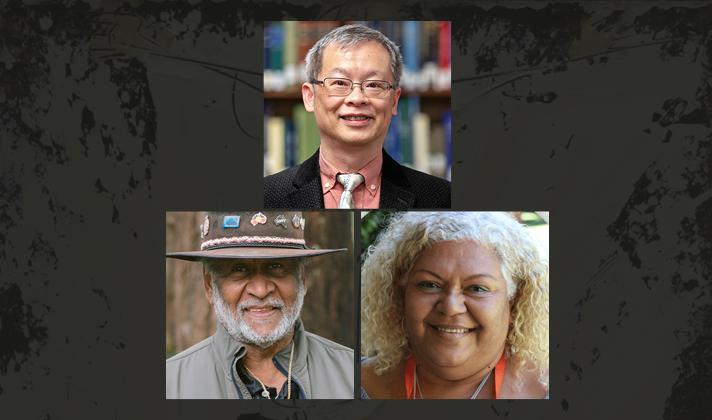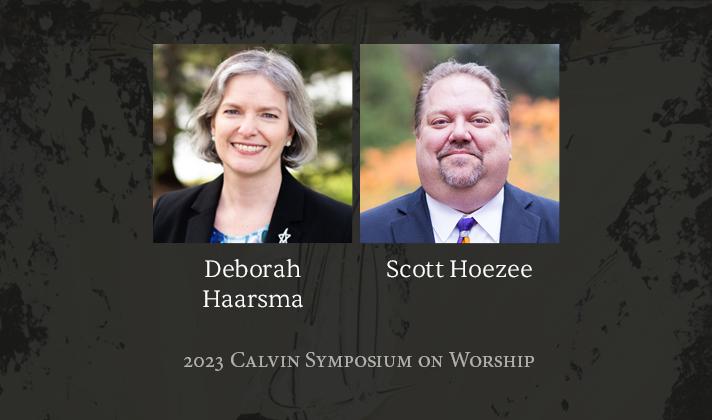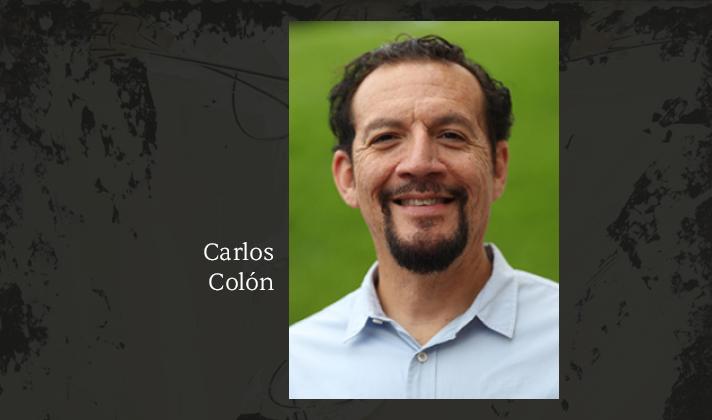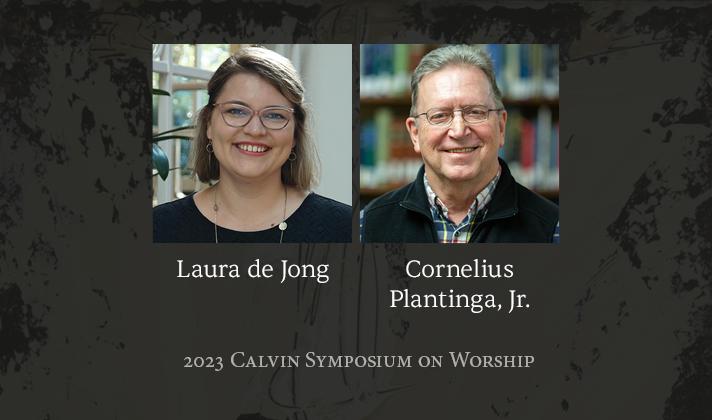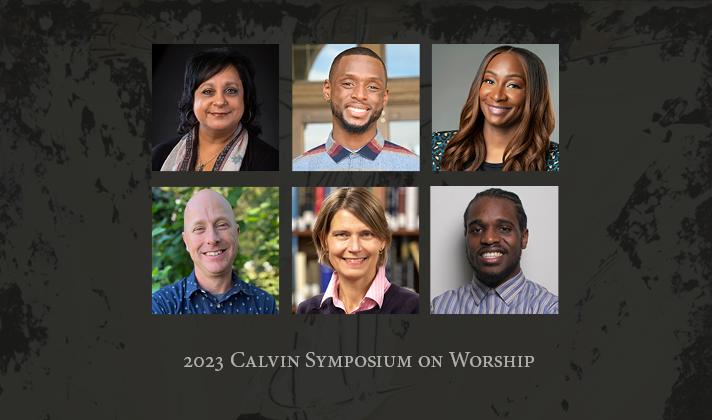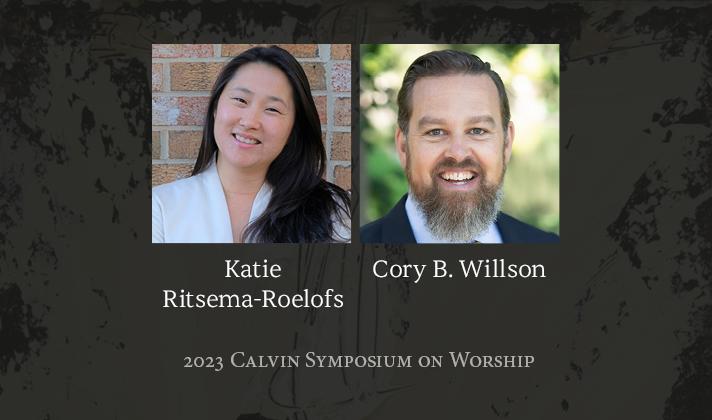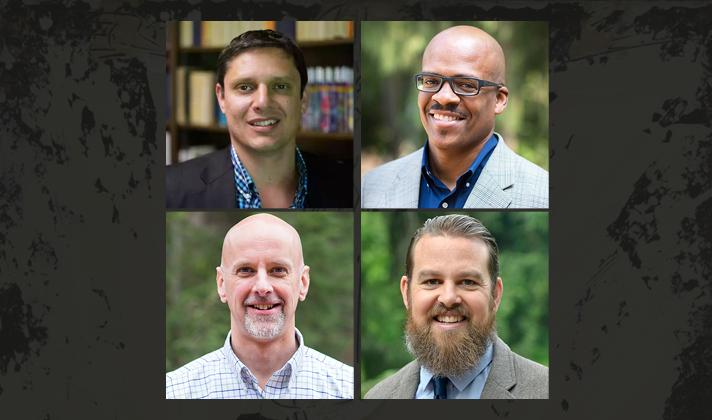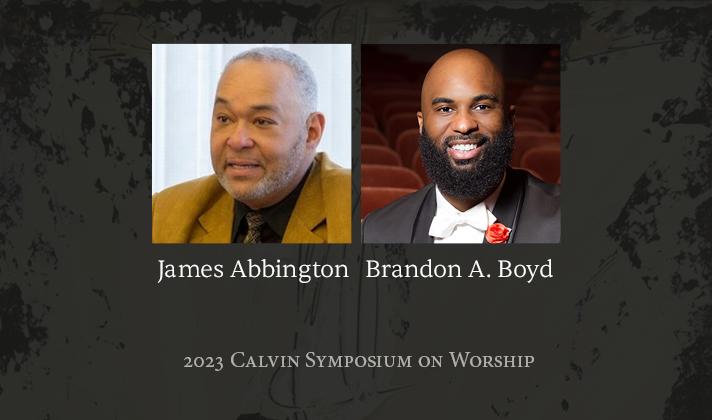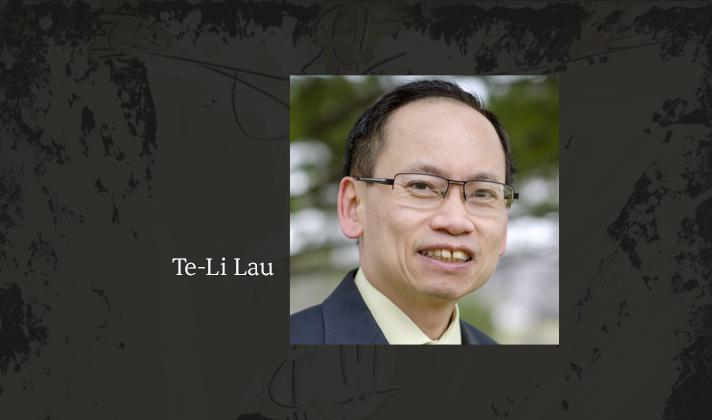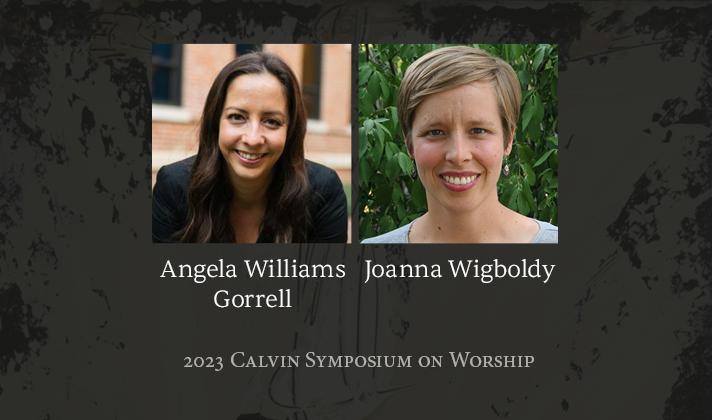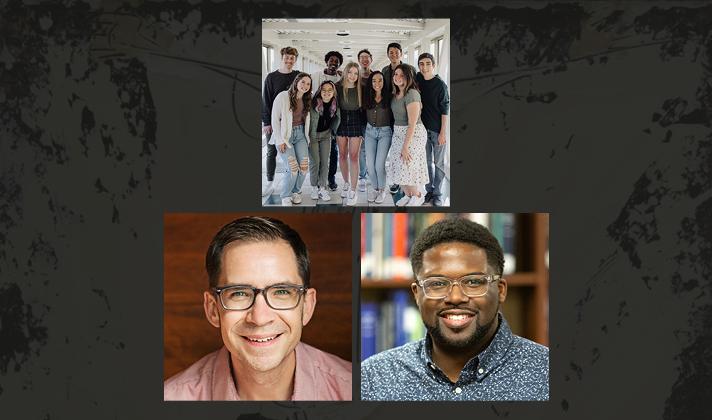Biblical Thinking for the Regular Folks and Leaders in Your Church
This workshop is designed for interested lay folks, ministry leaders, and pastors for the sake of exploring the expansive intellectual/spiritual tradition of scripture. The biblical thought-world can hold its own with the ancient Greeks and modern scientific enterprise alike, yet we often don’t understand how scripture’s “thinking” can guide us through the thorniest issues in our culture. This workshop will help participants learn to think alongside the biblical authors by accessing the coherent systems of ideas across the Old and New testaments that not only permeate our own cultural and intellectual traditions, but offer a sophisticated critique of our society.
Indigenous Wisdom and Christian Practice: Indispensable Insights for Christians in Every Time and Place
Learn about the remarkable story of the World Christian Gathering of Indigenous Peoples and gain insights about worship and culture emerging from the accredited theological degrees offered by NAIITS—An Indigenous Learning Community. We’ll hear wisdom from the experiences in Australia of engaging a colonialist Christian history and develop a vision for how Christians in every continent can better work together to learn from each other and grow together in Christ.
Pouring Forth Speech: The Webb Telescope and God's Glory
Theologian John Stek called the physical creation "the glory robe of God." John Calvin liked to observe that it is our privilege to live in the “glory theater” of God's creation and that the reason God made human beings to stand upright is so we could better lift up our eyes to see the stars above. In the last year more of the universe's glory has been revealed by the stunning images emerging from the new James Webb Space Telescope. Few people can help us appreciate these new glimpses into God's creation better than astronomer Deborah Haarsma. In this session, Dr. Haarsma and Scott Hoezee will discuss what new facets of our Creator God's work have been revealed by the Webb Telescope’s images.
Writing Songs of Lament and the New Creation
Drawing from Psalms, Colossians, Revelation, and the global church, Carlos Colón invites us to write texts and songs of lament, protest, and hope. We will examine ways to give voice in our worship and prayer gatherings to our pain, our questions, and our desire for deep hope and the healing of all creation. We will examine songs with these themes in the "Santo, Santo, Santo / Holy, Holy, Holy" hymnal and in classical and contemporary sources.
Compelling Preaching: A Conversation with Neal Plantinga and Laura de Jong
Vivid imagery, compelling stories, perceptive exegesis, pastoral sensibilities, theological clarity, cultural fittingness--each of these gifts contributes immensely to compelling, transformative preaching. Compelling preaching features the dynamic interplay of each of these strengths. This conversation will explore how these dynamic interactions come about, how we cultivate them, and how the practice of polishing, and studying, exemplary sermons can stretch not only award-winning authors but also those of us struggling to shape compelling sermons for people who may not always seem to appreciate it.
Creating a Sense of Belonging with Youth in Worship and Church Life
What does it mean to be religious? Spiritual? How does a sense of place, identity, culture, and embodied engagement relate to a young person’s sense of belonging to Christ’s church, including the public worship gathering? We will explore these questions and share stories about how young people actively participate in the life of the church.
Re-forming the Liturgies of Our Daily Life and Work
A lot has been written about the importance of Sunday liturgies and their role in forming the life and worldview of worshipers. This session will focus on helping Christians identify the rituals and liturgies in their workplaces and daily lives and discern how to reform, reject, or reconstruct new rituals that facilitate tangible expressions of love for God, neighbor, and creation.
The Practice of Lament
A panel of Calvin Seminary faculty with a variety of research and ministry experiences will reflect on the practice of lament. What are the different faces of lament? What is the goal of lament? How can pastoral leaders facilitate lament? What does lament reveal about the nature of God and what it means to be human? Those attending the panel will also be able to raise questions and join the discussion.
Choral Reading Session
Come learn and sing through a selection of choral pieces for use in worship. Packets provided by GIA Publications, Inc.
Listening to Pauline Shame
In this session, Te-Li Lau will contrast the current culture's understanding of shame with the biblical framework, suggest ways to rehabilitate our fractured understanding, and draw out the implications of a renewed understanding for public worship.
Discerning Leadership with Students
How can mentors help students discern the leadership roles God has called them to in the church and on campus? In this seminar, Joanna Wigboldy will walk through the process she uses in the ministry leadership class at Calvin University to help students find ways to practice leadership, build community, and love the church. The seminar will center the voices and stories of Calvin students who have been through this discernment process and will honestly explore the ways it helped them enter specific leadership roles as well as what learning gaps they had when they entered those roles. Responses by Angela Williams Gorrell.
Lessons for Leading Singing
Join the twenty-minute University worship service and then gather with the Calvin University Worship Apprentices, who will reflect on their chapel planning process and share lessons learned about leading congregational singing.

